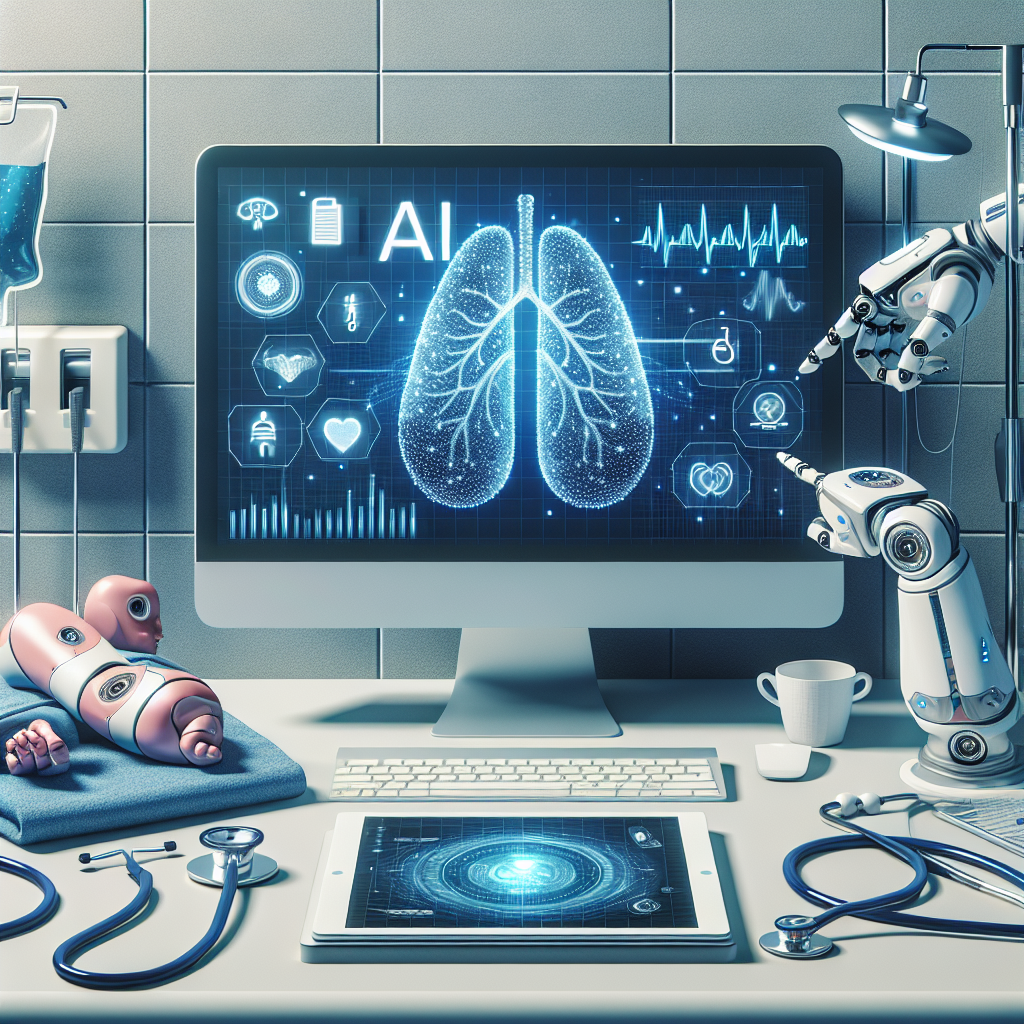Artificial General Intelligence (AGI) is a concept that has been gaining increasing attention in the field of healthcare. AGI refers to the development of machines that can perform any intellectual task that a human can do. This includes tasks such as reasoning, problem-solving, learning, and understanding natural language. In the context of healthcare, AGI has the potential to transform the future of medicine by revolutionizing the way we diagnose, treat, and manage diseases.
AGI has the potential to significantly impact healthcare in a number of ways. One of the key benefits of AGI in healthcare is its ability to analyze large amounts of medical data quickly and accurately. This can help healthcare providers make more informed decisions about patient care, leading to better outcomes for patients. AGI can also help to improve the efficiency of healthcare systems by automating routine tasks and reducing the burden on healthcare professionals.
Another key benefit of AGI in healthcare is its potential to improve the accuracy of medical diagnoses. By analyzing a patient’s medical history, symptoms, and test results, AGI systems can help healthcare providers make more accurate diagnoses and recommend appropriate treatment options. This can help to reduce misdiagnoses and improve patient outcomes.
AGI also has the potential to revolutionize the field of personalized medicine. By analyzing a patient’s genetic information, lifestyle factors, and medical history, AGI systems can help to tailor treatments to individual patients, leading to more effective and personalized care.
In addition to improving patient care, AGI in healthcare can also help to reduce healthcare costs. By automating routine tasks and streamlining processes, AGI systems can help healthcare providers operate more efficiently, leading to cost savings that can be passed on to patients.
Despite the potential benefits of AGI in healthcare, there are also some challenges and concerns that need to be addressed. One of the key challenges is ensuring the privacy and security of patient data. AGI systems rely on large amounts of data to make accurate predictions and recommendations, which raises concerns about the privacy and security of this data.
Another challenge is ensuring that AGI systems are ethical and unbiased. There is a risk that AGI systems could inadvertently perpetuate existing biases in healthcare, leading to disparities in patient care. It is important for healthcare providers to carefully monitor and evaluate AGI systems to ensure that they are making fair and unbiased decisions.
Despite these challenges, the potential benefits of AGI in healthcare are significant. By harnessing the power of AGI, healthcare providers can improve patient care, increase efficiency, and reduce costs. As AGI technology continues to advance, it is likely that we will see more widespread adoption of AGI in healthcare in the coming years.
FAQs:
Q: What is the difference between AGI and AI in healthcare?
A: Artificial General Intelligence (AGI) refers to machines that can perform any intellectual task that a human can do, while Artificial Intelligence (AI) refers to machines that can perform specific tasks or functions. AGI has the potential to revolutionize healthcare by performing a wide range of intellectual tasks, such as diagnosing diseases and recommending treatment options.
Q: How will AGI impact patient care in healthcare?
A: AGI has the potential to significantly impact patient care in healthcare by improving the accuracy of diagnoses, tailoring treatments to individual patients, and reducing healthcare costs. By analyzing large amounts of medical data quickly and accurately, AGI systems can help healthcare providers make more informed decisions about patient care, leading to better outcomes for patients.
Q: What are some of the challenges of implementing AGI in healthcare?
A: Some of the key challenges of implementing AGI in healthcare include ensuring the privacy and security of patient data, addressing ethical and bias concerns, and ensuring that AGI systems are accurate and reliable. It is important for healthcare providers to carefully monitor and evaluate AGI systems to ensure that they are making fair and unbiased decisions.
In conclusion, AGI has the potential to transform the future of medicine by revolutionizing the way we diagnose, treat, and manage diseases. By harnessing the power of AGI, healthcare providers can improve patient care, increase efficiency, and reduce costs. While there are challenges and concerns that need to be addressed, the potential benefits of AGI in healthcare are significant. As AGI technology continues to advance, it is likely that we will see more widespread adoption of AGI in healthcare in the coming years.

